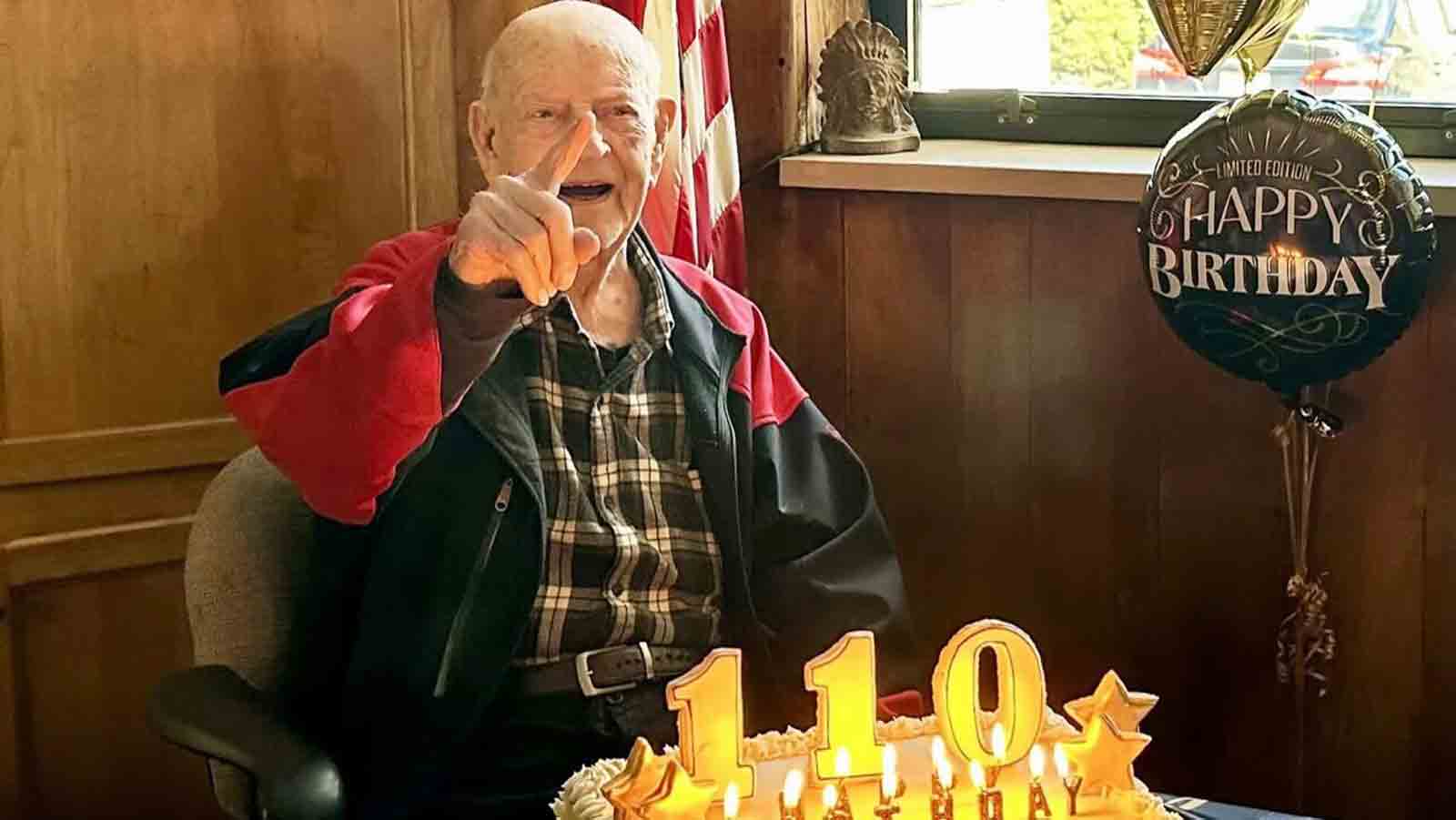Many civil rights groups protested the House Homeland Security committee’s hearings Thursday on radicalization of American Muslims, but only one such organization saw itself publicly and repeatedly pilloried by members of the panel: the Council on American-Islamic Relations.
CAIR served as a punching bag for a variety of committee Republicans including chairman Peter King (R-N.Y.). Just minutes after the hearing began, he blasted the group in his opening statement. He went on to mention the group more than 50 times during the four-hour session.
“Responsible Muslim American leaders must reject discredited groups such as CAIR, the Committee on Islamic American Relations,” King said, garbling the group’s name. He displayed a poster posted on a CAIR website in January that said, “Build a wall of resistance…Don’t talk to the FBI.”
“In the lead-up to this hearing, I found it shocking and sad that the mainstream media accepted CAIR’s accusations as if it were a legitimate organization,” King said, noting that the FBI now excludes CAIR from community outreach activities.
CAIR officials said they weren’t surprised that it was a central topic of discussion at the hearing, even thought it wasn’t invited to testify.
“We expected that to be honest with you,” said Corey Saylor, CAIR’s legislative director. “What I found was kind of odd was the major attack they leveled against us over things about which our response has been online for months and months.”
The attacks on CAIR ran the gamut, including claims that it discourages cooperation with law enforcement, intimidated the families of Muslim Americans whose children were swept up in extremism, and is actually an offshoot of Hamas. The group, which calls itself a “grassroots civil rights and advocacy” organization, denied all the charges leveled Thursday by lawmakers.
Local
Asked by reporters why he didn’t invite CAIR to defend itself, King said the group has many means of doing so.
“CAIR, obviously, with all its friends in the media, it got more than an opportunity to get its position out over the past several weeks,” King said. “Many of our major mainstream papers carry them as if they’re a legitimate organization. “
King also said the testimony of Rep. Keith Ellison (D-Minn.) probably tracked with what CAIR would have said. “My friend Mr. Ellison, is not only a Muslim-American member of Congress, he is also very close to and works with CAIR. He certainly was able to articulate that view. “
The poster King criticized was posted in connection with a talk held by a CAIR chapter in San Francisco. National CAIR officials said they removed it as soon as they learned of it. The talk in question was not about CAIR activities but about an ongoing federal investigation into possible support for terrorist groups by self-described peace activists in Minneapolis and Chicago.
“Our policy with the FBI is constitutionally-informed cooperation,” said Saylor.
At the hearing, Somali-American witness Abdirizak Bihi accused CAIR and local mosque leaders of discouraging his family and other from calling attention to the disappearance of some teenage children in the community.
“We never got help from our leaders, from our organizations, from our big Islamic organizations,” Bihi claimed, blaming CAIR in particular for discouraging cooperation with law enforcement.
“This organization comes in [and] agrees with other leaders, too, that we are liars, that we have a clan tribal problem,” Bihi said. “We have been hurt by other Muslims in our community.”
Saylor expressed his sympathies for Bihi’s family, but said his group simply educated local Muslims about their rights.
“CAIR has done civil liberties trainings in Minneapolis explaining how to cooperate with law enforcement,” the CAIR official said. “We made sure people knew their constitutional rights.”
The Democrats’ key witness at the hearing, Los Angeles County Sheriff Lee Baca, defended CAIR—at least the officials he deals with, but soon found himself drawn into a debate over the group’s alleged ties to Hamas and the Muslim Brotherhood.
“CAIR as an organization, CAIR supported the development of the Muslim American Homeland Security Congress. Furthermore, they support the Muslim outreach program that I’m doing,” Baca said, noting that CAIR has many chapters.
“In southern California I have not heard of any substantial complaints from my deputies, who were involved in the investigative processes that I alluded to in my earlier testimony, of [CAIR] saying ‘Don’t cooperate.’”
“You are aware that this is a Hamas and….Muslim Brotherhood entity. Is that correct, sir?” Rep. Chip Cravaack (R-Minn.) asked Baca.
“No, I’m not aware of that,” the sheriff replied.
Cravaack went on to note that during the trial of the Texas-based Holy Land Foundation and five of its officers for acting as a front for Hamas, federal prosecutors put CAIR on a roster of unindicted co-conspirators. They also introduced evidence that CAIR was on lists of U.S. groups working with or friendly to the Muslim Brotherhood.
In addition, prosecutors have noted that two CAIR founders attended a meeting in Philadelphia at which participants talked of support for Hamas and for undermining the recently-negotiated Oslo accords between Israel and Palestinian leaders.
“Basically, you’re dealing with a terrorist organization, and I’m trying to get you to try to understand that they might be using you, sir, to implement their goals,” Cravaack warned the sheriff.
“It sounds more like a possible accusation of me being misused by an organization,” Baca shot back. “If the FBI has something to charge CAIR with, bring those charges forward and try them in court and deal with it that way.”
Baca suggested that the FBI shouldn’t sling mud at CAIR if it doesn’t have the goods on the group.
“There is a reality that in my culture as a police officer that you have facts and you have a crime. Deal with it. We don’t play around with criminals in my world. If CAIR is an organization that’s a, quote, ‘criminal organization,’ prosecute them. Hold them accountable and bring them to trial,” Baca said.
Court records show that as recently as 2009 CAIR was the subject of a grand jury investigation into potential support for banned organizations.
“We have a troubled history with that organization,” Attorney General Eric Holder told a House hearing last week in response to a question about CAIR.
CAIR has challenged the fairness of the unindicted co-conspirator designation, which prosecutors also applied to two other major U.S. Muslim organizations: the North American Islamic Trust and the Islamic Society of North America. (The FBI still maintains contact with those groups.)
A federal judge ruled that prosecutors violated the groups’ constitutional rights by filing the co-conspirator list publicly, in part because in the absence of any criminal charges the groups had no obvious way to clear their names. However, the judge also said there was “ample evidence” that CAIR and the other groups had ties to Hamas and the Muslim Brotherhood.
Saylor said the notion that CAIR has ties to terrorism is absurd.
“That allegation been floating around for years,” he said in a telephone interview. “I agree with what Baca said….I’m standing three blocks from the Capitol in our office. Would our headquarters still be here if there were substance to those allegations?”
Asked specifically what the two CAIR founders were doing at the Philadelphia meeting, Saylor said he didn’t know.
“That’s before my time,” he said. “The FBI has transcripts of that meeting from 1993. Since 1993, they worked very closely with CAIR through ’08.”
CAIR allies have also noted that Hamas was not added to the U.S. Government's terrorist list until 1995.
Saylor said he was confident that CAIR doesn’t have any ties to the Muslim Brotherhood or Hamas.
“If the organization had any connection to any groups that were of concern, I personally wouldn’t be working here,” he added. “I’m completely unaware of it.”
King said after the hearing that he hoped the public attention to CAIR would prompt the press and local law enforcement to take a second look at the group.
“I just hope by hearing…this local law enforcement will realize the danger that CAIR presents. Also I hope the media will realize, rather than just taking CAIR handouts and reporting them as if they’re the Knights of Columbus, or the Masons or B’nai Brith, they would realize that this is a group who’s named as unindicted co-consiprators and at least give them some of the analysis or critique they give to people like me when I schedule the hearing.,” King said.




